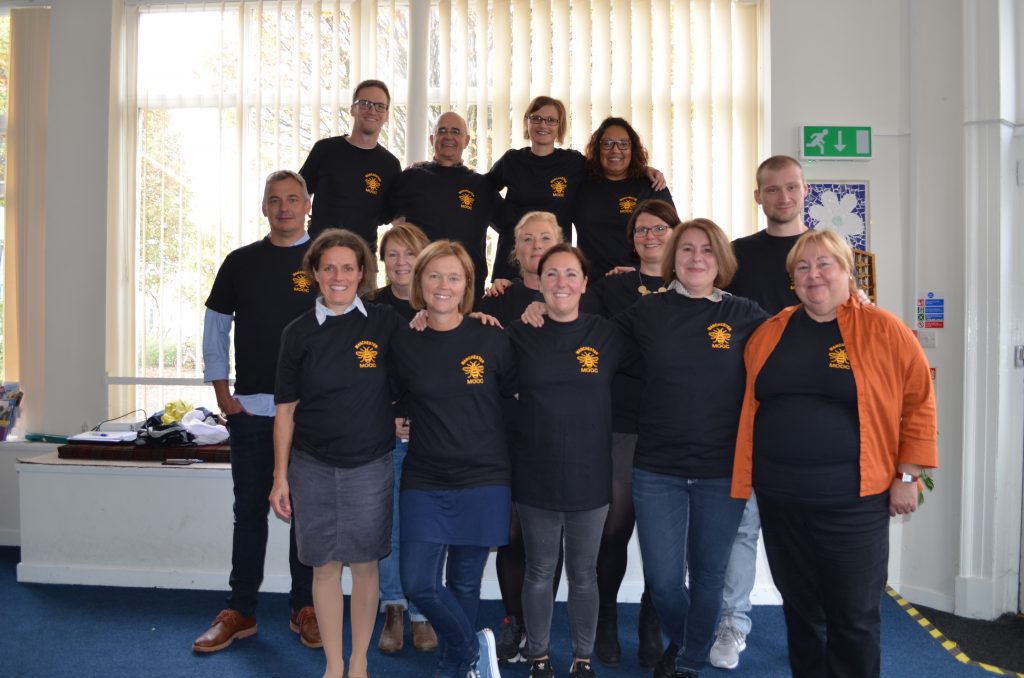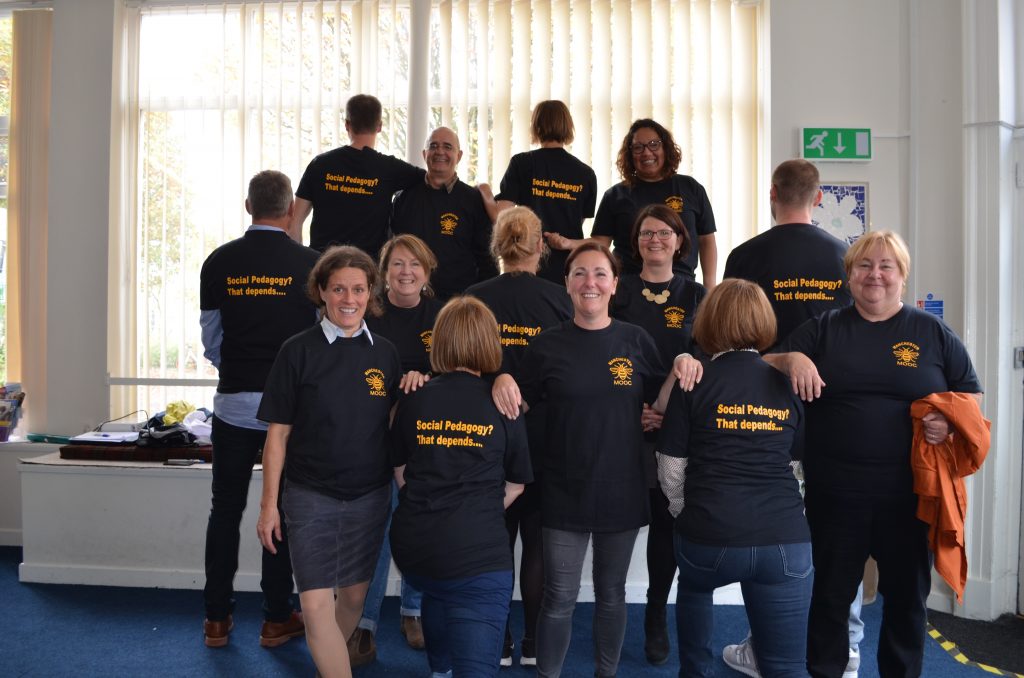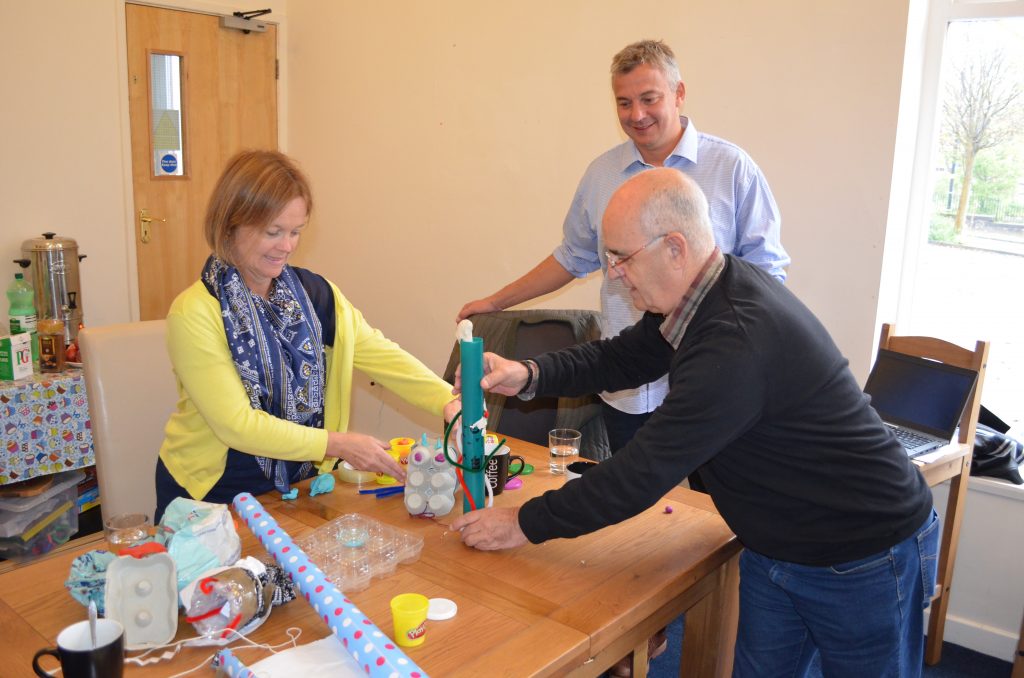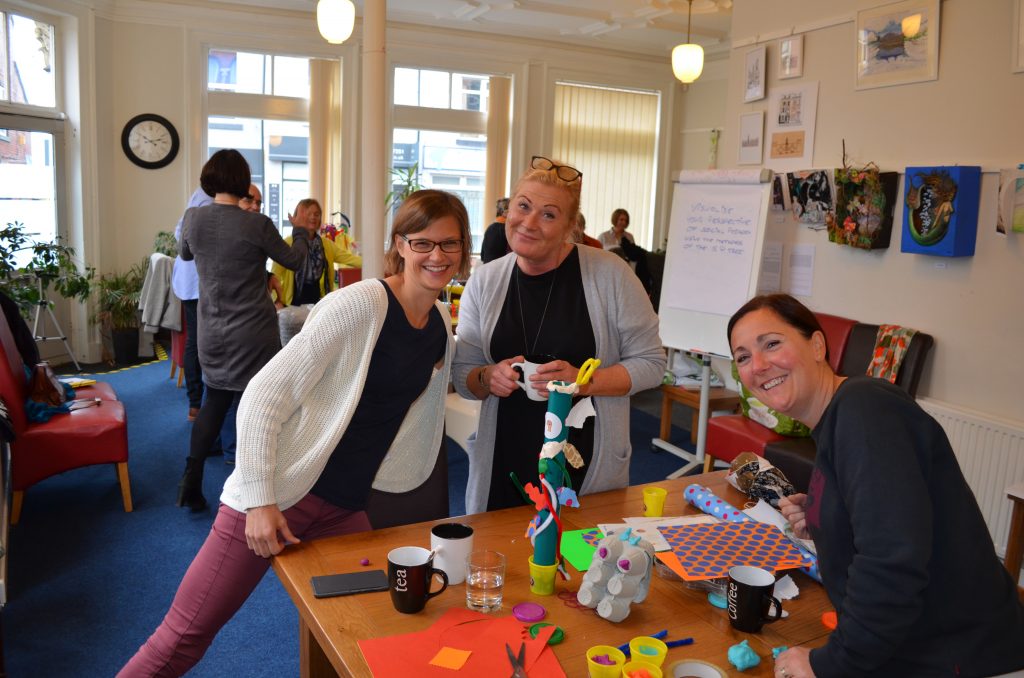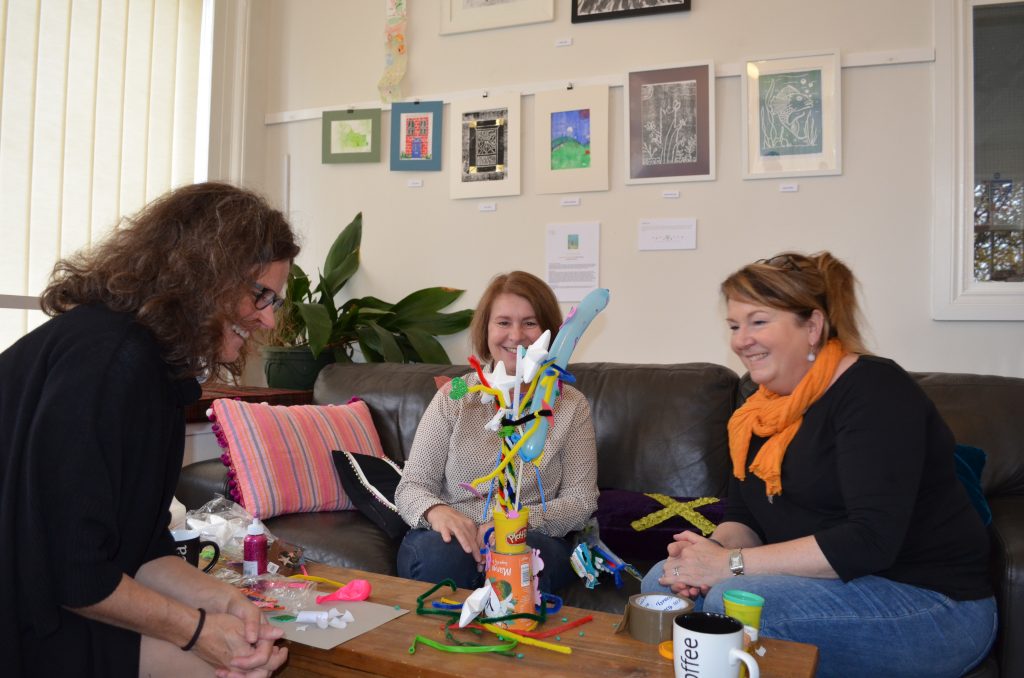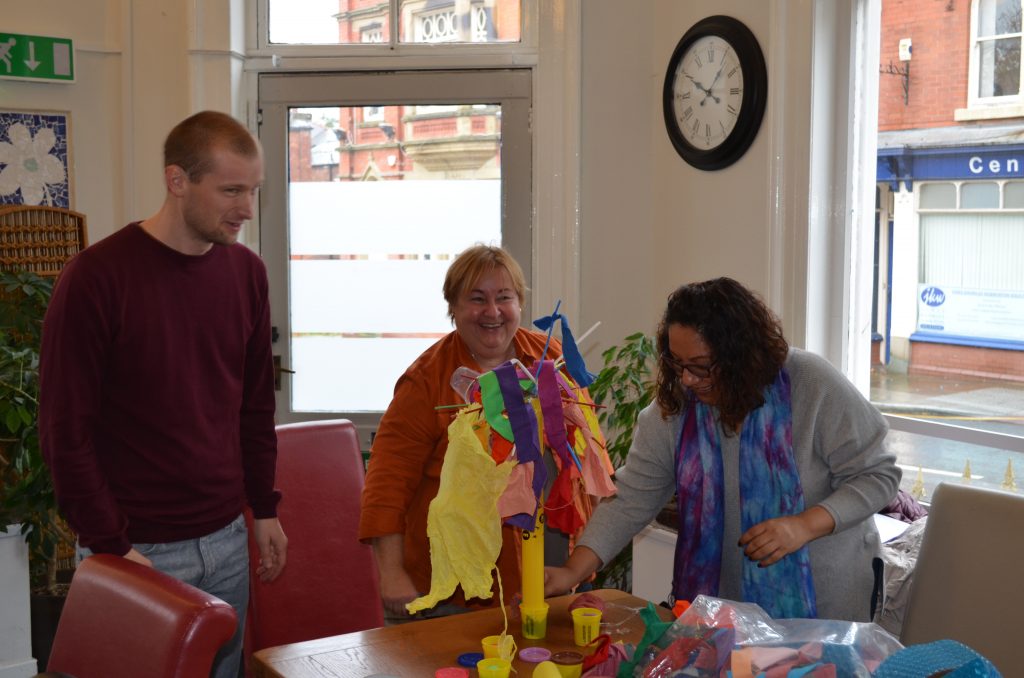By Andy Carter & Gabriel Eichsteller

The relational universe of a child in care can be quite curious. There is no shortage of people appearing like a multitude of distant stars in a universe and disappearing long before they’ve even become visible. But there are also others, those who are close enough to develop a gravitational pull, who become central to the child’s relational universe. This is true for every person, yet what is different for children in care is the ways in which their relational universe is often thrown out of equilibrium by decisions outside their control: placement moves resulting in loss of friends, school changes as well as new carers, limitations to family contact, changing social workers, gaining new friends. The frequency with which many children in care experience such upheaval and its potentially negative consequences makes it imperative to put greater emphasis on developing and sustaining relationships. We argue that a social pedagogical perspective with children’s relational universe at the heart of care and educational practice can provide a useful and visually stimulating framework that considers all past, current and future relationships that surround a child in care. (The model is of course not limited to children in care and can equally be applied to working with families, elderly people or any other individuals, groups and communities.)
The importance of positive relationships for children in care and leaving care is becoming clear; however, the ‘how, who and when’ is often driven by real and perceived barriers, resources and professional roles. Many children in care have fragmented relationships in communities and once they leave care will often attempt to return to them, even if this exploration is painful when relationships are not as ideal as expected. To identify these relationships early on is crucial to nurturing them and establishing a supportive emotional and social network during their time in care and also for their move to in(ter)dependence. As the Care Inquiry (2013) noted:
‘Whilst the importance of relationships is often implicit in what we already do for and with children, what has been missing is the determination to view relationships – their extent, their quality, their supportive character and the likelihood of their lasting – as the cornerstone of planning and practice. We need a renewed focus on using resources and approaches that will nurture positive relationships for children who cannot live with their parents. This must drive practice in the future – moving away from the focus on process and on administrative requirements that have come to dominate practice in recent years.’
Our universe evolves from birth, where as a baby it consists of our parent(s) and expands as grandparents, relatives and family friends enter it. That universe continues to grow throughout our life as we develop relationships with more people, evolving in ways that are highly individual and unique. In practice, it is therefore important for the child to define their relational universe, supported in this by carers and others as the child explores who they feel is able to support them now or in the future. This is unlike other models, which do not always take the views and needs of the child into account as a central planet in the universe around them, especially if these are in conflict with the professionals’ views.
For children in care, their universe includes many professionals who have involvement at different times, often entering the close universe and latterly moving to a more distant position as their role changes. This doesn’t mean that this relationship which has been established disappears; it may be that the gravitational pull of this professional decreases, but they will still remain within the universe and perhaps move closer again as the needs of the child change. For example, a foster carer may move into the further reaches of the universe, but when the young person experiences a crisis after leaving care they may re-establish this relationship by having their former carer in their near universe for a period of time for support they can offer. Even if not in close proximity, the knowledge that this support is there may in itself be sufficient. It is therefore crucial that we professionally support such ‘planetary movement’ in children’s relational universe.
The relational universe also acts as a reminder that we mustn’t exclude those individuals we may not see as ‘ideal’ from a professional assessment, such as a grandparent who has used alcohol in the past. Once a young person has left care, these are often the people they turn to and, if engaged early on, they could play a vital long-term supportive role in the young person’s life. Recognising that they are part of the relational universe – whether or not we like this as professionals – can help us put a clear emphasis on the assets rather than the deficits of these people, which is key to this process.
Children in care are often cautious of relationships with adults or resentful as their previous experiences may have been very negative, so a primary task is for professionals to offer a safe environment where they can model positive, trusting relationships for the child and allow them to build trust in others. Over time, this can then extend to other relationships in the child’s universe, including those outside the looked-after environment. A social pedagogical approach is a key factor in the ‘why and how’. Nurturing children’s sense of empowerment plays a crucial part in this and can be achieved in a number of ways, including non-judgemental acceptance of children’s views and choices of who to develop relationships with, while offering safeguards, supporting children in differentiating which relationships are positive for their well-being and which ones aren’t and how they themselves can cultivate their relational universe.
With the metaphor of the relational universe we aim to highlight that human beings are intricately connected and interdependent. This is often undervalued in social care practice, where it is independence that remains the stated end goal in preparing looked after children for leaving care. Rather than suggesting that human beings are constantly dependent on others, interdependence conveys mutual support, reciprocity and a strong, reliable social network with a multitude of different connections. Within the relational universe, some of the connections may be temporary, some may have a strong and lasting impact, some might be considered positive and others problematic or even toxic. Irrespective of any attributes or judgments we as professionals might use to describe certain relationships, there can’t be any doubt that they are part of the child’s universe. Each of these people will bring some positive aspects to the life world of the child, which are potentially neglected by professionals and needed by the child in their universe to sustain their further interdependence.
If you would like to find out how you can use the relational universe in your practice, we’d be delighted to hear from you. We can offer tailored team seminars and strategic consultancy and are always open for any other ideas. Just email us at dialogue@thempra.org.uk.
N.B.: We refer to ‘the child’ for simplicity and would view this as including young people and young adults as respectful descriptors.




